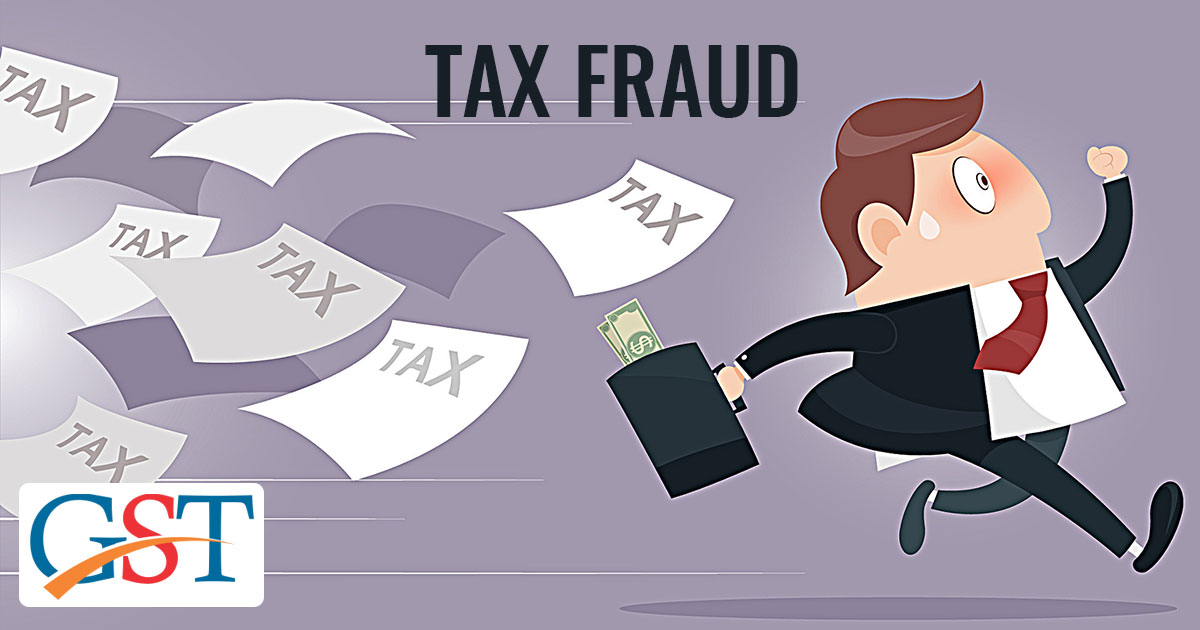It’s been less than nine months since the GST was launched and it has already come under the radar of the black market. Tax evasion activities through black market and under-valuing of imports have been detected by GST revenue authorities.
Sources said that even though importers are paying GST on their imports, they are selling goods without proper bills to save tax, as reported by big data analytics conducted by the authorities. The integrated tax (IGST) paid by importers on importing goods in the country should be automatically set-off when the actual consumer pays GST on it, or when the importers claim the refund. However, as per data analytics reports, even though companies are paying IGST on their imports, they are not claiming credit refunds for the same.
It means that businesses are not reporting the actual price of the supplies by not providing bills to their buyers. It is also seen that even buyers do not demand a bill in order to avoid paying tax on their purchases.
The same thing is happening with cess applicable on luxury and other goods. Companies are paying cess on their imports but not claiming the refund back or setting the tax off from GST paid by consumers.
The tax evasion was one of the biggest concerns at the recent GST meeting held on March 10. The Council has also instructed authorities to conduct a detailed analysis to figure out the main reasons for evasions and to initiate adequate actions accordingly.
The monthly revenue report of the Goods and Services Tax (GST) reveal that the revenue is going down. The data analytics report also confirms that more than 73,000 taxpayers who have paid IGST of around Rs 30,000 crore have not claimed the refund of the tax paid. Over 33,000 taxpayers, on the other hand, have claimed more than Rs 10,000 crore in refunds.
GST department is reportedly using risk-based parameters to find out potential evaders, including proprietor and partnership firms. As per the data produced by the analytics report, refund claims worth Rs 16,965 crore were filed by various taxpayers for the July-January period, out of which only Rs 9,760 crore worth claims were found eligible and Rs 4,815 crore as refunds has already been sanctioned.
Read Also: CBEC To Accelerate The Goods and Services Tax Refund Process
Rajat Mohan, Partner at AMRG & Associates, said, “I feel authorities could unearth rampant tax evasion by importers of luxury products or mobile phones wherein goods could have been imported at considerably low values and post-import such products are sold in the black market without payment of taxes. Government coping with low collections would use the data analytics to attack tax evaders.”
Mohan is confident that the use of data analytics ensure that tax evaders would be identified sooner than later.
As per a finance ministry report, GST collections, so far, are as mentioned below.
- Rs 93,590 crore – July
- Rs 93,029 crore – August
- Rs 95,132 crore – September
- Rs 85,931 crore – October
- Rs 83,716 crore – November
- Rs 88,929 crore – December
- Rs 88,047 crore – January









